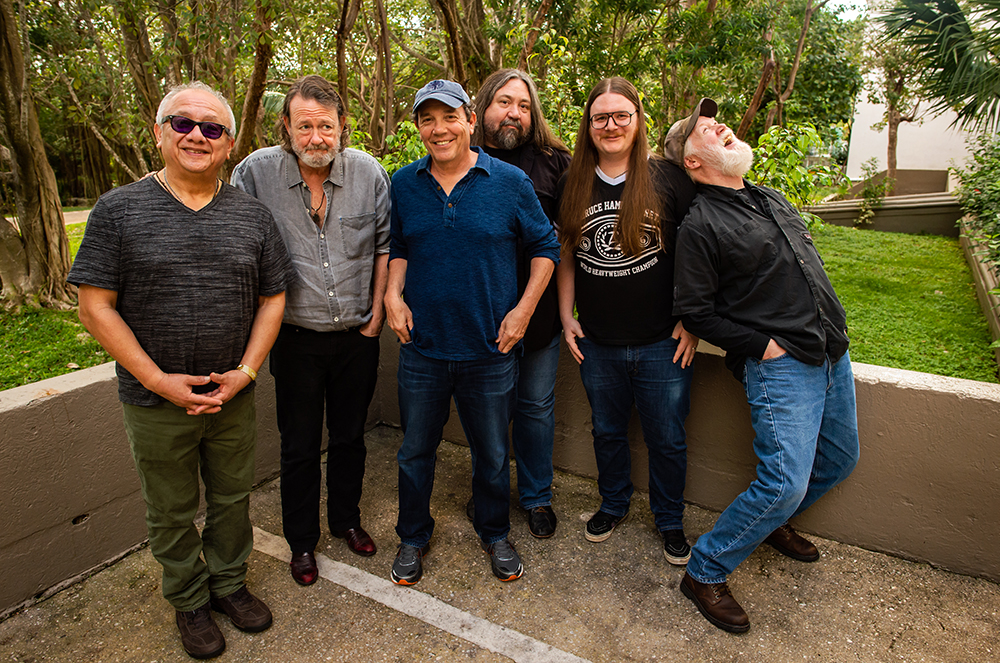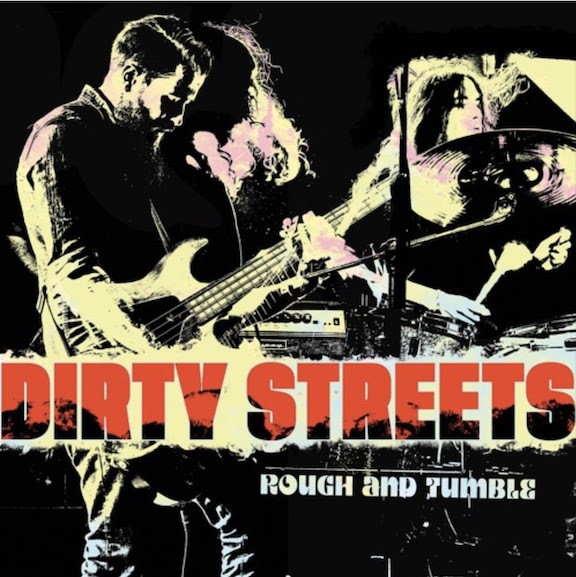With Memphis in May having canceled the 2021 Beale Street Music Festival entirely, back in those uncertain days of spring, concertgoers are thanking their stars that the city has a fall alternative. This Friday, the Mempho Music Festival launches its fourth iteration with a lineup that, true to form, mixes local luminaries with national acts. This year, it will be more convenient than ever, setting up shop in the Memphis Botanic Garden rather than Shelby Farms.
Everyone is pinning their hopes on their favorites. One friend is focused on Austin’s Black Pumas, described by some as “Wu-Tang Clan meets James Brown”; another lights up at the thought of seeing Memphis native Julien Baker; still others are dead set on hearing the gritty, soulful stomp of Nathaniel Rateliff & the Night Sweats. Mempho is sure to have all tastes covered, though there are markedly fewer hip-hop acts than ever relative to previous years, when such artists as Anderson .Paak, Nas, or Wu-Tang Clan were featured.

Still, the diversity is impressive, and audience members can seamlessly see every artist on the bill. In addition to the Garden’s permanent Radians Amphitheater, a second stage will be set up. As one act performs, the next can set up in the other space, ready to hit it soon after the previous act’s finale. And then there’s the Incendia Dome, sponsored by Whatever, complete with pyrotechnics and DJs playing to wireless headsets issued to everyone who steps inside. Onlookers peeking in will see only a throng of dancers gyrating in complete silence.
One thing is clear: With all due respect to co-headliners The Avett Brothers, the kings of this event are Widespread Panic, who cap off both the sold-out Friday and Saturday slates. Mike Smith, the festival’s head of production, who’s also worked for years as Widespread Panic’s production manager, says that’s not unusual, especially with everyone’s favorite jam band.
“They almost never do just one night in a location,” he says. “They always play at least two nights everywhere they go. Usually three. Widespread Panic realizes that they’re creating music destinations for people, making it easier for ticket buyers who might say, ‘Hey, let’s go to Chicago for the weekend, or Memphis.’”
Indeed, for Panic fans, the uniqueness of each performance makes multiple shows a real draw. “One of the things with Widespread Panic is, they never repeat a song night to night,” says Smith. “Their repertoire is so large that it may be three or four or five shows before you hear the same song repeated in a set list. And there are literally songs that they may not play for two or three years at a time. There are fans out there ‘chasing that song.’ They come to every show, just hoping that that’s the night their song is going to get played.”
The band’s devoted following also brings a different demographic to bear on this year’s Mempho Festival. As Smith points out, “The Widespread Panic crowd is a very mobile crowd. If you look at our ticket sales, we’ve got a lot of people coming in from Georgia and the Carolinas. And a lot from Colorado. I think Denver’s one of our top three markets that tickets are sold in right now. Typically for any festival, you get some travelers, but this year, because of this lineup, we’re getting a lot more people from out of town.”
That also helps bring a fresh audience to Memphis-based groups, always an important ingredient in the festival bearing the city’s name. “We always try to incorporate what we consider to be some of the local stars that we have to offer,” Smith notes. “Memphis has some of the best talent in the world playing in our backyard. That’s definitely one of the missions of Mempho, to introduce those talents to new people.”
Mempho Music Festival takes place October 1st-3rd at the Memphis Botanic Garden. Gates open at 3 p.m. Proof of vaccination or a negative Covid-19 test is required. Covid testing available on site. Visit memphofest.com for details.

